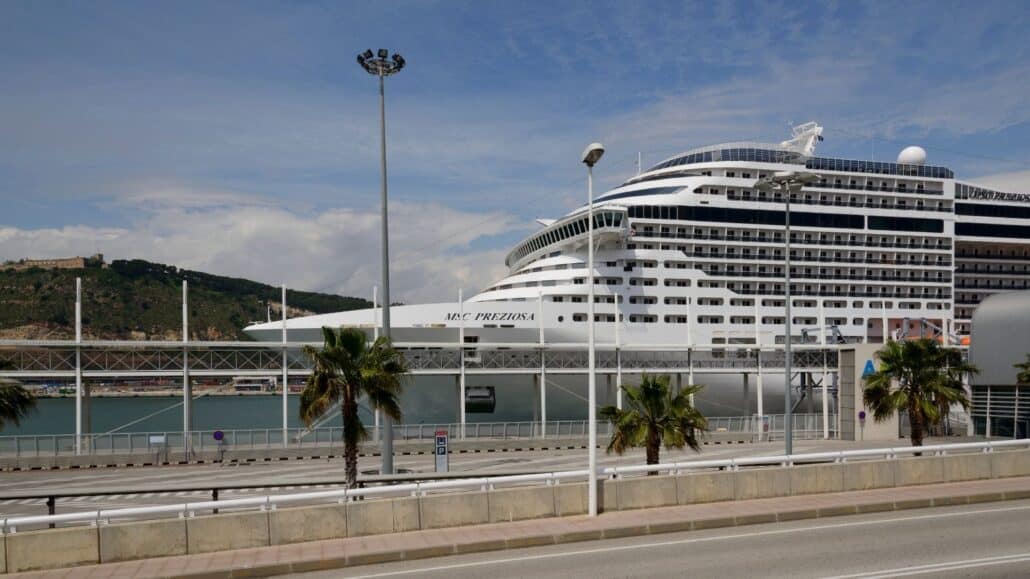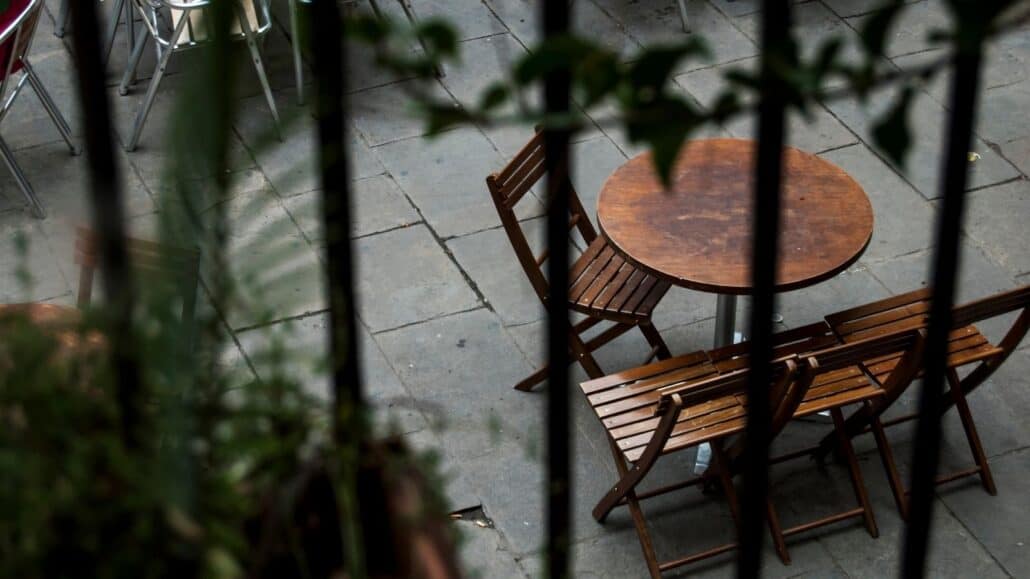Barcelona City Council has presented its draft budget and tax ordinances for 2024, marking a milestone in its history by proposing a budget of 3,735 million euros, the highest to date, with a record allocation of 777 million for investments. These budgets will require the support of the opposition in order to prosper, and their processing will begin in committee on October 18.
In this context, two significant proposals stand out: the increase in the tourist tax and the tourist surcharge on short-stay apartments and cruise ships, as well as the reform of the terrace tax.
A Historic Budget
The draft budget for 2024 marks a milestone in Barcelona’s history, with an allocation of 3,735 million euros. In addition, 777 million euros will be allocated to investments, reflecting a steady growth in the city’s budget ceiling over the years. However, for this project to become a reality, it will require the support of the opposition in the approval process.
 Tourist Surcharge
Tourist Surcharge
One of the most outstanding proposals in the tax ordinances is the increase in the tourist surcharge, which is added to the tourist tax, especially in two specific cases: tourist apartments and short-stay cruises that do not exceed 12 hours. Currently, the tourist tax amounts to 2.25 euros per day for tourist apartments and 3 euros for short-stay cruises. To this daily amount is added the surcharge, which amounts to 2.75 euros for cruises of less than 12 hours as well as for apartments. The government’s proposal is to raise this surcharge to 4 euros in both cases, which would generate an additional income of 1.8 million euros for the municipality in 2024.
Impact on Municipal Revenues
Tourism taxation is an important source of revenue for Barcelona, with a forecast of 95 million euros in 2024, which would place it in third place, behind Real Estate Tax (IBI) and capital gains. This proposal seeks to increase municipal revenues and mitigate the negative effects of the influx of tourists, particularly in tourist apartments and short-stay cruises.
Terrazas and its Reform
Apart from measures related to tourism, a reform of the terrace tax has been announced, an issue that has been a source of controversy in Barcelona in recent years. In 2019, the terrace ordinance was revised and a rate increase was agreed, although it was not collected due to the pandemic and a 75% bonus was established. The government now proposes to abolish this bonus, which means an increase in costs for establishments with terraces.
 New Terrace Fee System
New Terrace Fee System
The terrace tax, without bonus, will be adjusted to a progressive system according to the number of tables that the bars have. This means that establishments with more tables will pay more, while those with fewer tables will experience a less significant increase in their costs. According to Deputy Mayor Jordi Valls, this measure will be applied according to the percentage of tables that each establishment has.
Impact on Restaurants
This reform will significantly affect restaurants, as some will pay up to three times more for the use of terraces compared to the previous system. However, the majority of establishments with one to four tables (representing 65% of the cases) will see a smaller increase, paying 68% more than they did previously.
Barcelona’s draft budget and tax ordinances for 2024 propose important changes in tourist taxation and the terrace tax. These measures seek to increase municipal revenues, particularly in a context where tourism and commercial terraces have been a source of controversy. The future of these proposals will depend on the support they obtain in the approval process, which begins in October and ends in December. These decisions will have a significant impact on the economy and the tourism sector of the city.

 Tourist Surcharge
Tourist Surcharge New Terrace Fee System
New Terrace Fee System